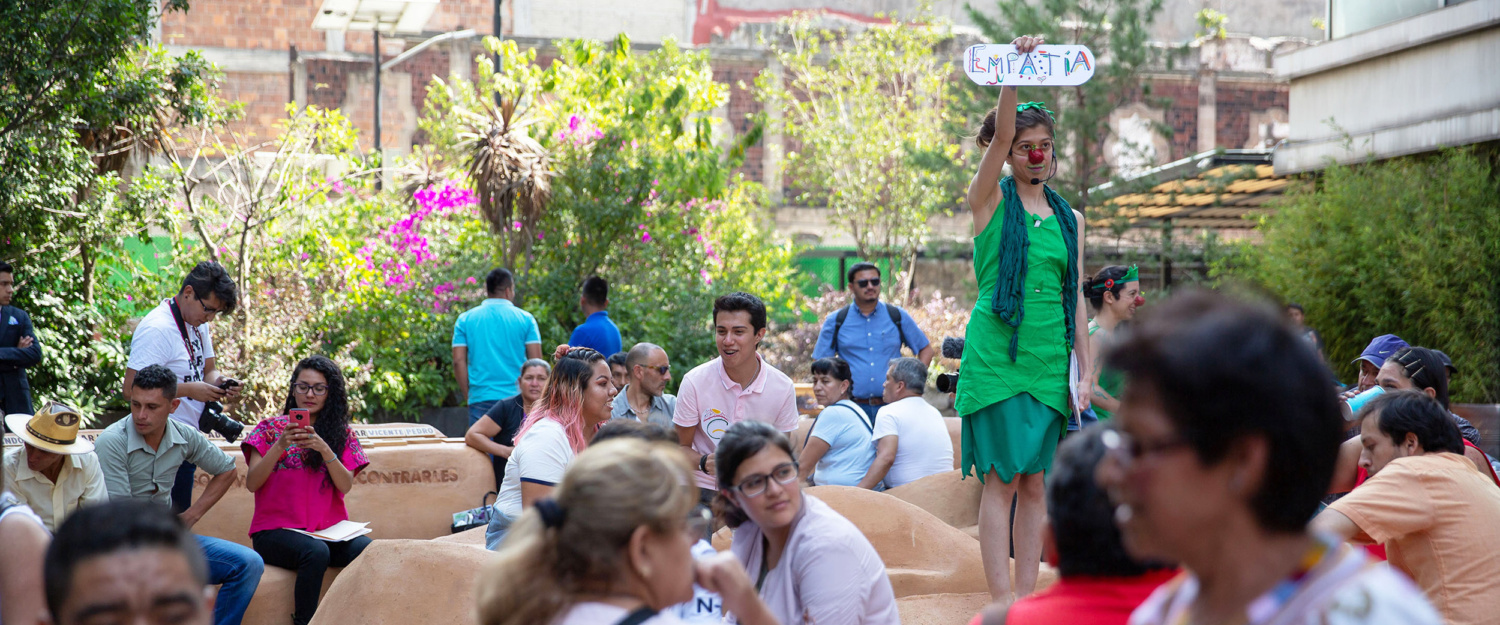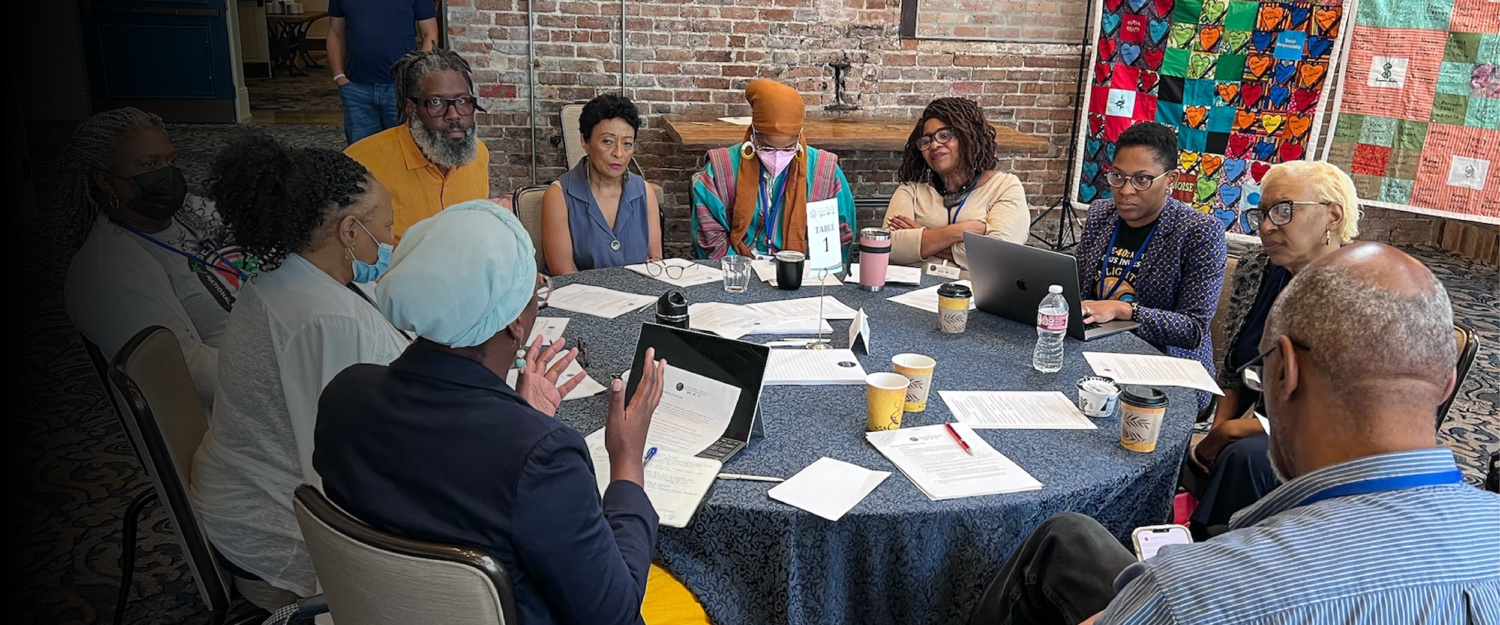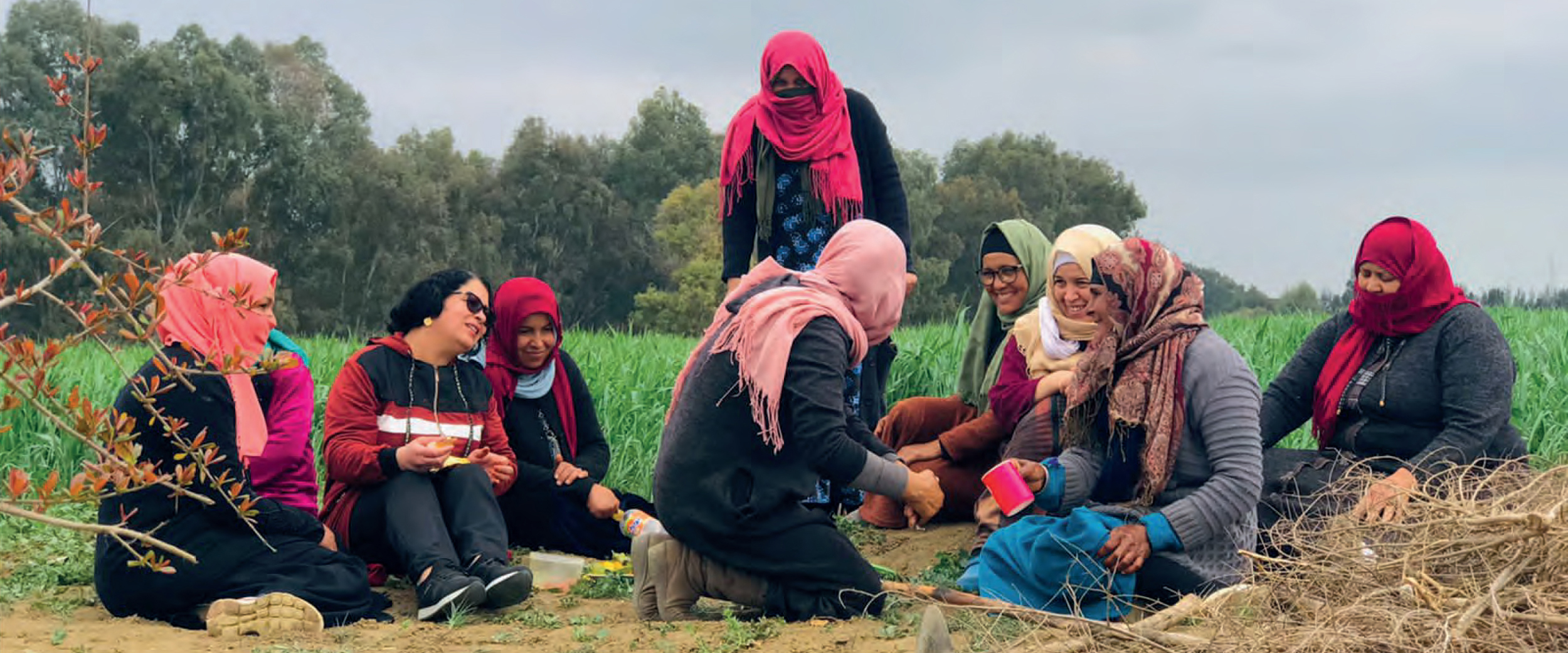
Advancing the rights of women agriculture workers across Tunisia
Using social and behavior change (SBC) strategies to promote fair and safe working conditions for women in the Tunisian agriculture sector.
What was the challenge?
In Tunisia, more than 600,000 women work in agriculture across the country. Despite the important role of this industry in the Tunisian economy (12% of the GDP), there are limited regulations for workers—especially female workers—which has meant they’ve been subjected to physical, psychological, and financial abuse (i.e., low wages, lack of job stability, extreme weather conditions, unsafe transportation, and exposure to harmful chemicals causing illness, etc.). These women, who are striving to establish economic stability for their families as well as provide food for their communities, also face the injustice that the laws in Tunisia created to protect them are not currently being enforced.
In 2021, with the support of the United States Agency for International Development (USAID) and facilitated via a contract with Vistant, MG/ISMG launched an innovative project called Advancing the Rights of Women Agriculture Workers to apply social and behavior change (SBC) strategies to shift narratives and perceptions about these workers. The project aimed to shift core narratives to ultimately influence social norms, as well as specific policies and practices, to ensure fair treatment and better protections for women who work in agriculture.
What did we do?
MG/ISMG partnered with two respected women’s organizations in the interior regions of Tunisia, the Union Nationale de la Femme Tunisienne in Kairouan (UNFTK) and Association Femme Rurale in Jendouba (AFRJ), to co-lead this project. Together, we identified that the dominant narrative around Tunisian women agriculture workers predominantly frames them as victims only, ignoring their incredible strength and skills and their enormous contributions to society. These narratives tend to lessen their dignity and discourage social and political action. With our partners, we co-created an SBC strategy and collaborated on a pilot project where we achieved the following outcomes:
- Trained partners on SBC strategies, including stakeholder engagement and moves management.
- Co-created a new narrative framework centering the idea that women are major contributors to strong families and communities, agriculture, and the economy and they deserve the dignity of safe working conditions, fair pay, and equal treatment.
- Tested and refined the framework and key messages with hundreds of women agriculture workers, stakeholders in the agriculture sector, authorities, civil society organizations, and journalists.
- Trained our partners on narratives, strategic communications, and advocacy and facilitated a “train-the-trainer” model through which they engaged other organizations and networks to advance the narrative.
- Launched the Felha campaign and engaged with main local, regional, and national media outlets in their regions to cover the activities of our partners and workers.
- Trained women agriculture workers on self-advocacy to support their process of self-awareness, organizing, and engaging to advance social change.
- Engaged with nontraditional actors on this issue, like law students, to mobilize them in the defense and protection of women’s rights.
- Collaborated with influential pop-culture artists to amplify the need for societal change through art and messaging.
Our work was anchored in the principles of co-creation, trust, deep collaboration, aligning interested parties by finding common values, and intercultural engagement.
What happened?
The narrative framework implemented through the Felha pilot campaign gained enormous traction among women agriculture workers and key stakeholders, including governors; local authorities; local and national civil society organizations; and local, national, and international media. The ownership of the narrative by women agriculture workers, their families, and even some male farmers was inspiring. Women are now clearly expressing how some daily food products would not reach Tunisian families without their work: “We are the ones bringing this product to you, and without us, you would not have this at your table.”
Together, UNFTK and AFRJ engaged more than 700 stakeholders to advance the Felha goal.
Our partners saw an increased sense of camaraderie and self-esteem among women agriculture workers resulting from this initiative, which created a sense of belonging and shared identity that enabled them to raise their collective voice. They also saw an increased consciousness among farmers and mediators about the issues confronting female agriculture workers who used their voices and resources to support them. Narrative shifts in the media were noted as well, with coverage that went from victimhood to portraying these workers as strong contributors to the economy and the country.
To sustain these efforts, UNFTK launched its ambassadors program with 19 leaders from different rural communities. Both partners identified women leaders who will continue to be spokespersons for these ongoing efforts. The partners and the allies they engaged are using the narrative, stakeholder engagement strategy, and increased advocacy capacity to advance better enforcement of existing policies to increase fair pay and safety and drive new practices to formalize the sector and ensure women’s fair treatment.
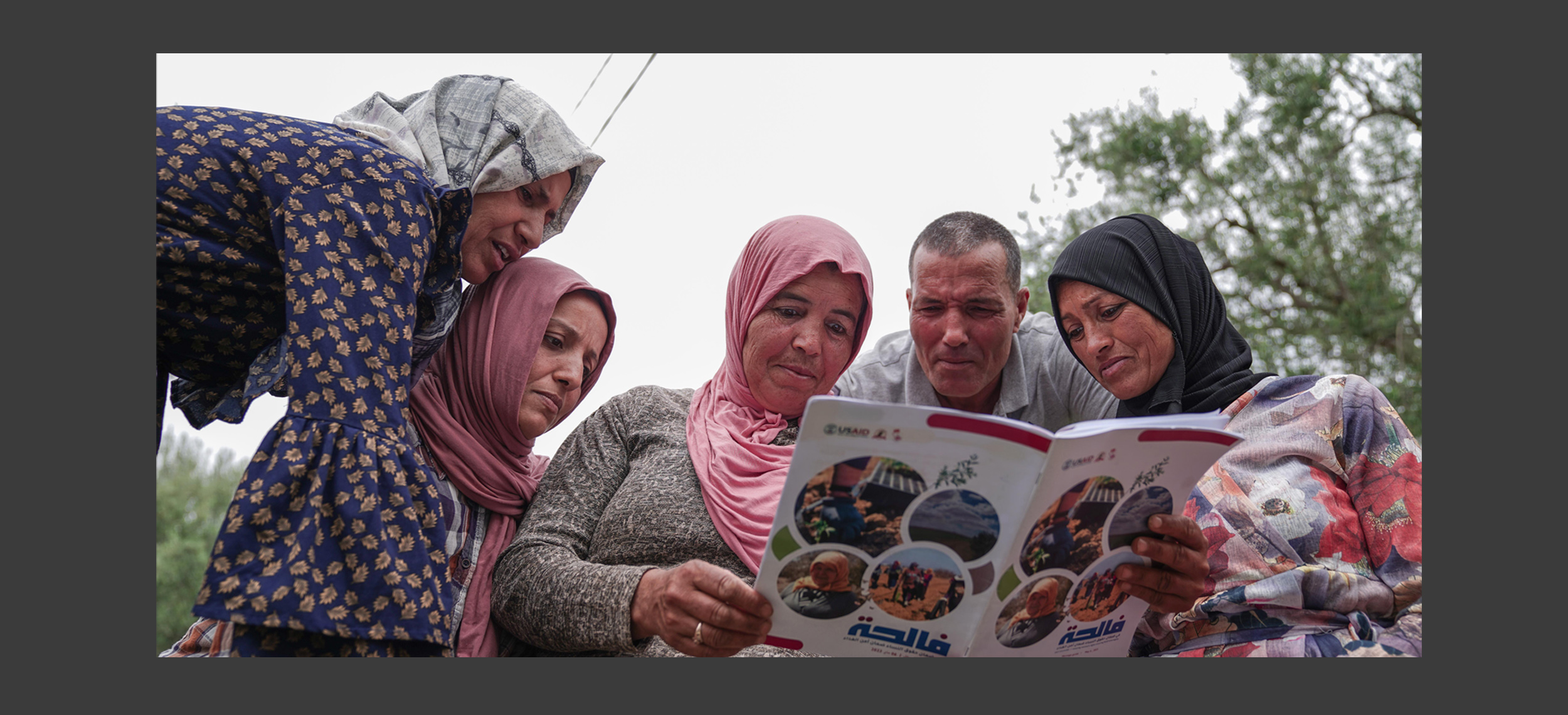
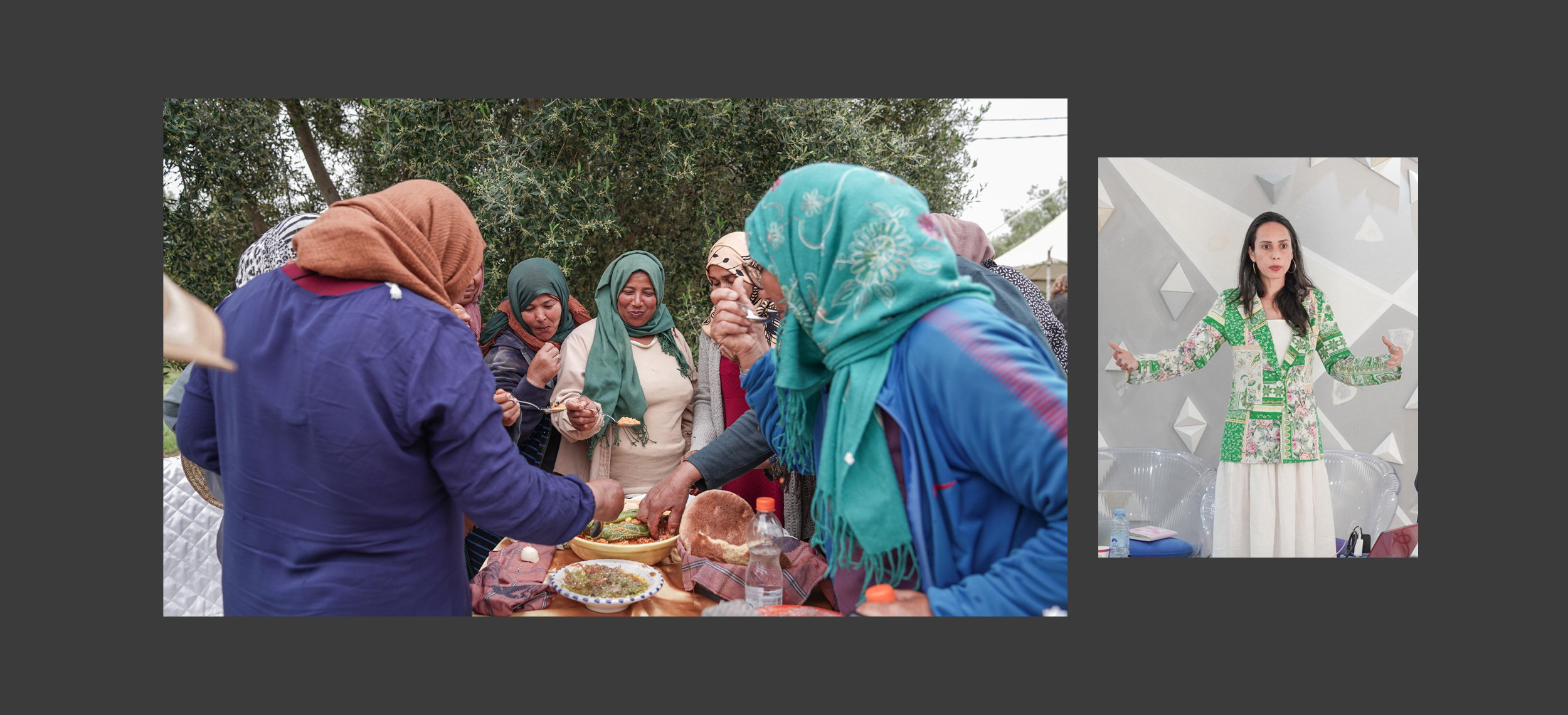
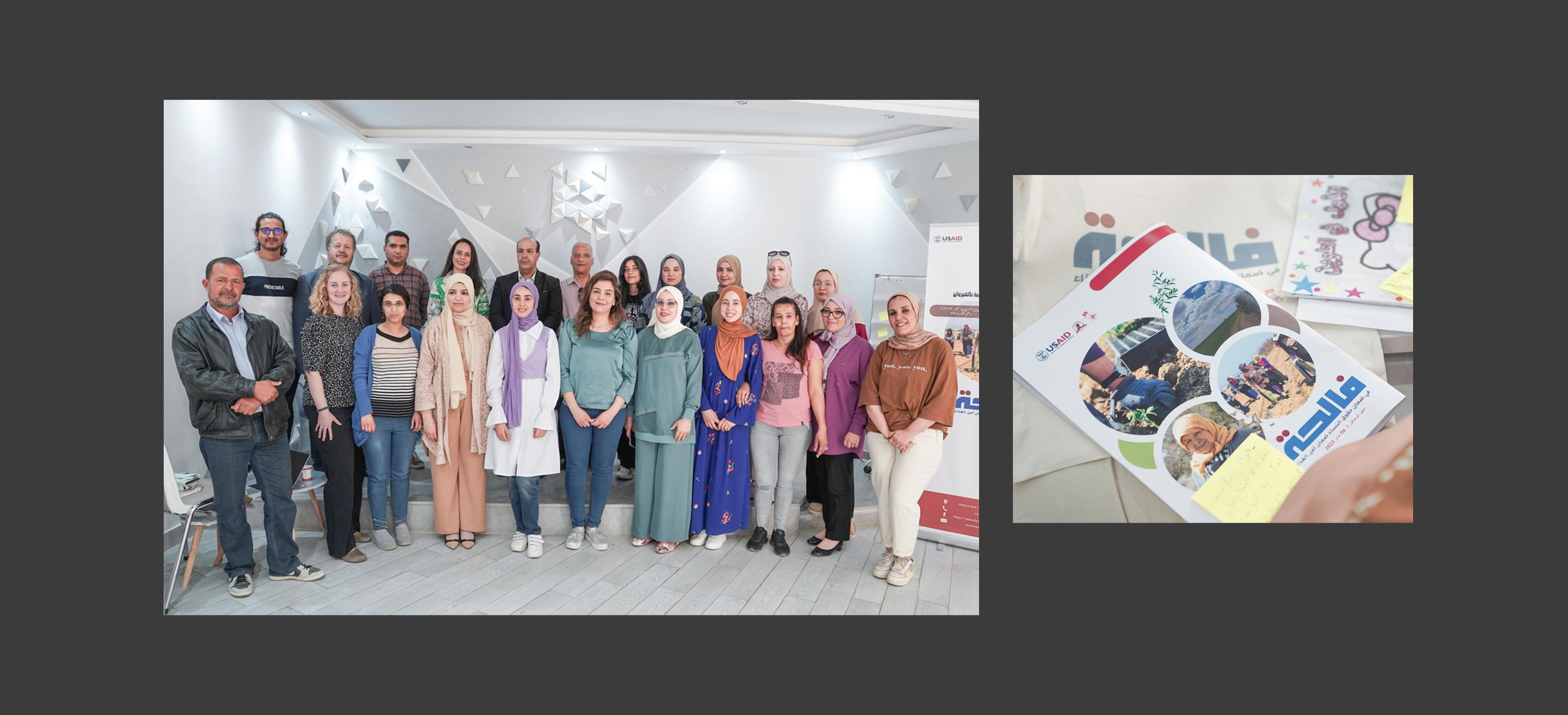
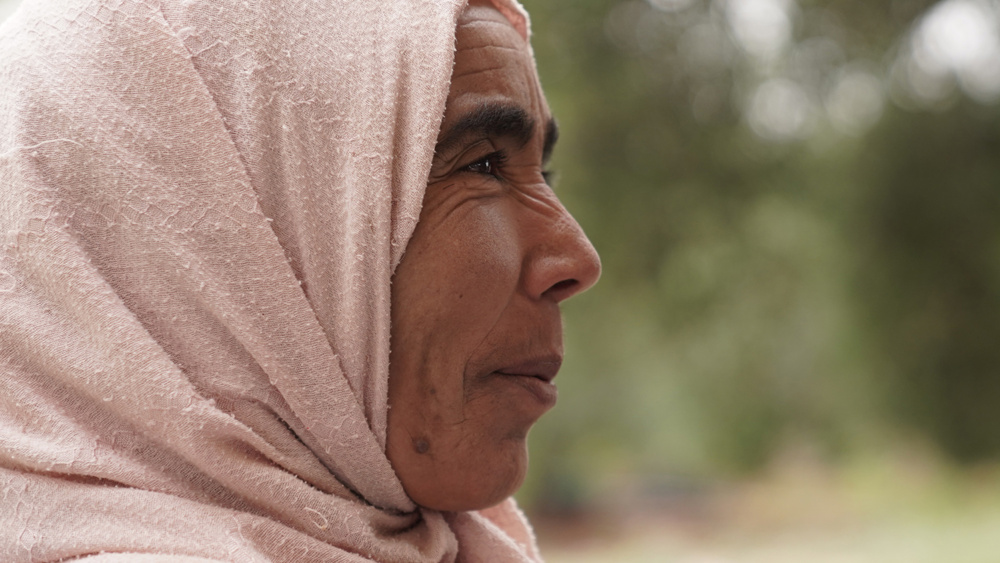
No one had ever come here before to listen to us, to our pain and our stories. I love the Felha campaign.
